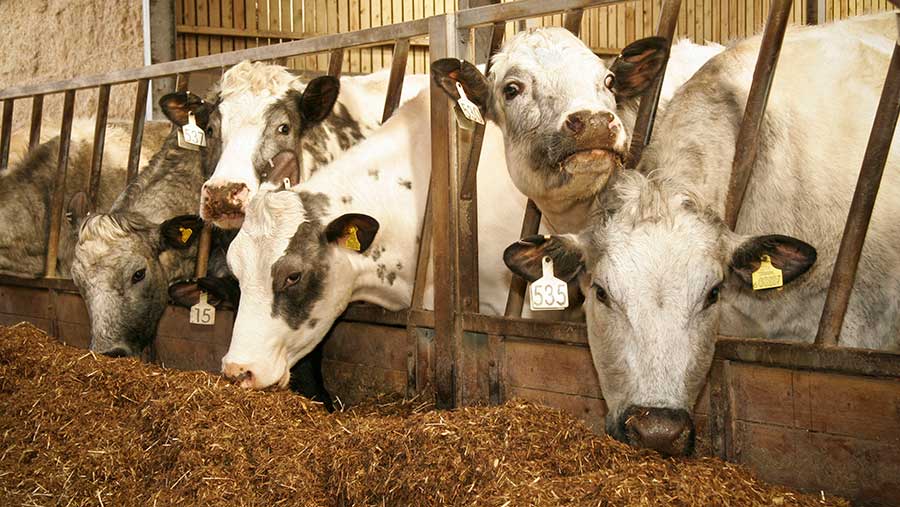Bluetongue approaches 50 cases in UK since autumn outbreak
 © Tim Scrivener
© Tim Scrivener The number of bluetongue cases in the UK has continued to rise in early 2024, with control zones still in place Kent and Norfolk.
There have been 45 cases of bluetongue reported across 25 holdings as of 9 January. However, the Animal and Plant Health Agency (Apha) has said there is still no evidence that the virus is currently circulating in midges in Great Britain.
Surveillance is ongoing and roughly 850 premises are being monitored for bluetongue cases.
See also: Further cases of bluetongue in cattle and sheep in Kent
The virus is transmitted by midge bites and affects cows, goats, sheep and other camelids such as llamas. The strain in the UK is BTV-3 and there is currently no vaccine available for this variant.
A number of restrictions remain in place in both of the temporary control zones (TCZs) limiting livestock movements.
Movement licences have been made available to move stock within the control zones and direct to slaughter. However, applications can only be made on animal welfare grounds, according to the Sheep Veterinary Society.
Animal welfare concerns
Dr Joseph Henry, chair of the Ruminant Health & Welfare bluetongue working group and president of the Sheep Veterinary Society, said: “If you are a farmer in the current TCZ, we strongly recommend that you apply as soon as you are aware that the welfare of your animals may become compromised.
“Farmers may wish to ask their vets to assist in completing the application, ensuring you highlight the reasons why welfare is likely to be affected if you don’t move the animals.
“Each licence application is assessed individually, so it is important that all necessary information is given to allow appropriate risk assessments to be conducted.”
Six designated abattoirs have been approved to take livestock directly from within the TCZs: Dunbia Cardington, Dovecote Park (Skellingthorpe), HG Blake (Costessey), Romford Halal Meats, ABP Guildford, and JR Farm Meats.
The AHDB is holding a bluetongue update webinar on 10 January as well as an in-person event in Norfolk on 15 January.
A bluetongue hotline for farmers has also been set up on 024 7771 0386.
